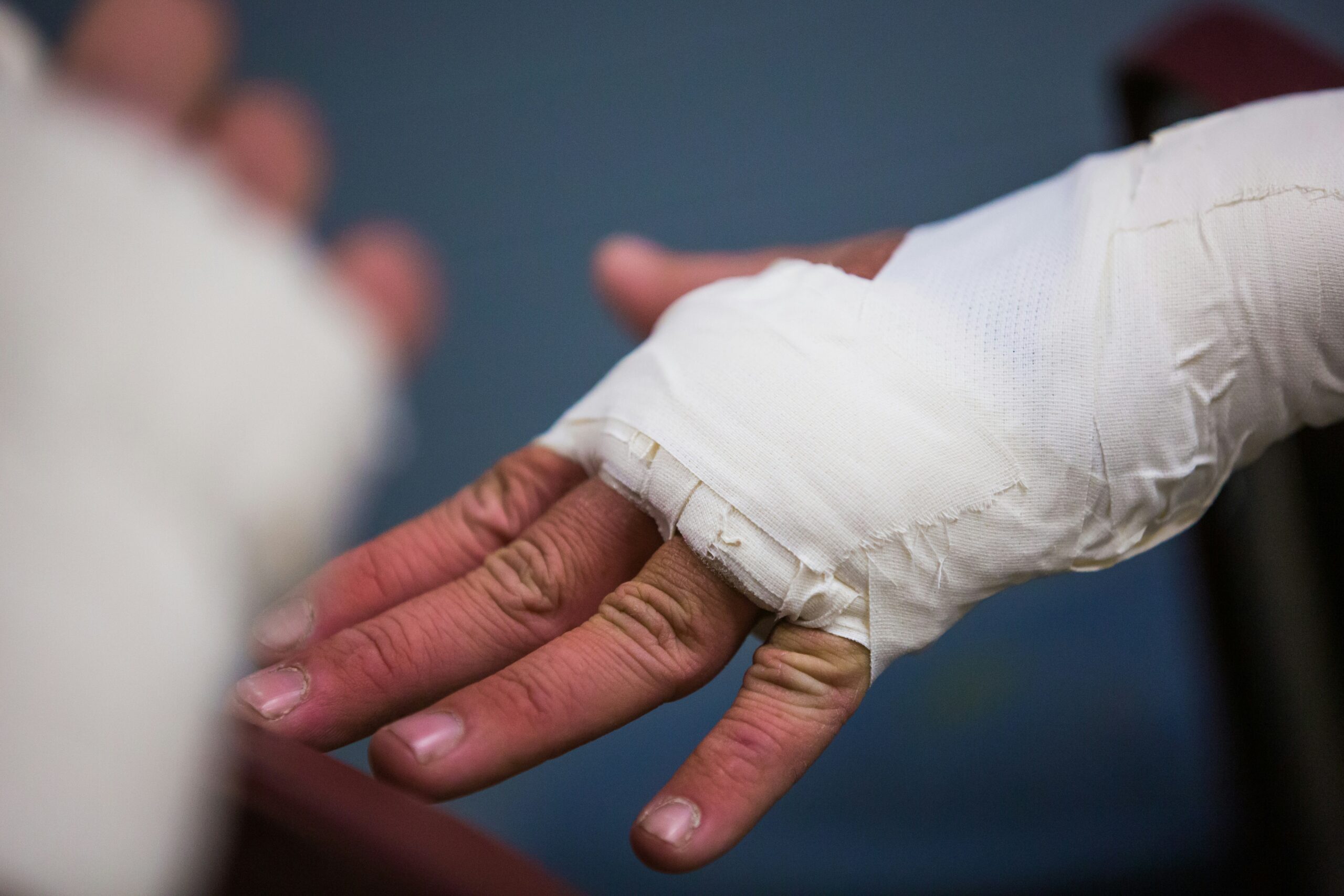
Personal injury law can be a complex and challenging field, but with the right approach, both attorneys and clients can navigate it successfully. Recently, I had the privilege of sitting down with a seasoned personal injury law expert who shared valuable insider tips for success. Whether you’re an aspiring lawyer, a current practitioner, or someone seeking justice after an injury, these insights offer a roadmap to achieving the best outcomes.
Understanding the Core of Personal Injury Law
The foundation of success in personal injury law starts with a deep understanding of the legal landscape and the human element involved in every case. Our expert emphasized that personal injury cases are not just about laws and statutes; they’re about people whose lives have been disrupted by accidents, negligence, or wrongdoing.
A great personal injury lawyer must combine legal knowledge with empathy, recognizing the emotional and financial toll injuries take on clients. This balance is critical because it influences how cases are approached—from gathering evidence to negotiating settlements. The attorney’s role is to advocate vigorously while also offering support and clear communication throughout what is often a stressful process.
Building Strong Client Relationships
One of the most frequently overlooked keys to success is developing strong, trusting relationships with clients. According to our expert, a personal injury case is won not just in the courtroom but through effective client management from start to finish. This includes listening carefully to clients’ stories, setting realistic expectations, and maintaining open lines of communication.
Clients need to feel confident that their lawyer is fully invested in their case. This trust encourages clients to share all relevant details, which can be crucial for uncovering facts that strengthen the claim. Lawyers who prioritize transparency and responsiveness often find that satisfied clients are more cooperative and positive throughout the case, which ultimately contributes to better outcomes.
Mastering Evidence Gathering and Case Preparation
The success of any personal injury claim heavily depends on the quality and completeness of evidence. Our expert stressed the importance of thorough investigation and meticulous case preparation. This means going beyond the obvious—collecting police reports, medical records, and witness statements—and digging deeper when necessary.
Experts recommend collaborating with medical professionals, accident reconstruction specialists, and other experts who can provide credible testimony or analysis. A lawyer who prepares diligently can anticipate opposing arguments, identify weaknesses, and build a persuasive case that supports the client’s version of events.
Negotiation Strategies for Maximum Compensation
While many personal injury cases settle before trial, negotiation skills are paramount in securing fair compensation. Our expert highlighted that successful negotiation requires both patience and strategy. Lawyers must know when to push aggressively and when to be flexible.
Effective negotiators understand the value of the case inside and out. They set clear goals for settlements and remain firm on key points, such as pain and suffering or lost wages, while being willing to compromise on less critical issues. By staying calm and professional, a lawyer can persuade insurance companies or opposing counsel to offer settlements that truly reflect the client’s damages.
Preparing for Trial: When Settlement Isn’t Enough
Sometimes, cases do go to trial, and that’s when preparation, confidence, and courtroom skills truly shine. Our expert emphasized that even if a lawyer hopes for a settlement, they must be ready to take the case before a judge or jury at a moment’s notice.
Trial preparation involves rehearsing direct and cross-examinations, organizing exhibits clearly, and crafting compelling opening and closing statements. Lawyers who treat every case as if it will go to trial tend to perform better in negotiations and demonstrate seriousness to insurance companies, which can sometimes prompt earlier settlements.
Staying Updated on Legal Trends and Continuing Education
The legal field is constantly evolving, especially in areas like personal injury law, where new precedents and regulations emerge regularly. Our expert recommended that lawyers commit to lifelong learning to maintain their competitive edge.
Attending seminars, joining professional organizations, and following key legal publications are practical ways to stay informed. Additionally, networking with other attorneys can provide valuable insights and referral opportunities. This dedication to education ensures lawyers provide clients with advice based on the latest legal standards and tactics.
Leveraging Technology for Efficiency and Client Service
Modern personal injury law practices increasingly rely on technology to streamline case management and improve client communication. The expert pointed out that embracing digital tools—from case management software to virtual meeting platforms—can enhance efficiency and accessibility.
Technology also helps in organizing case files, tracking deadlines, and securely sharing documents with clients. By adopting these tools, lawyers can reduce administrative burdens and focus more on strategic legal work and client engagement. This tech-savvy approach contributes to faster case resolution and better client satisfaction.
Fostering a Team-Oriented Approach
Successful personal injury law firms often operate as cohesive teams rather than relying solely on individual attorneys. Our expert shared that delegating tasks to paralegals, investigators, and support staff not only improves productivity but also allows lawyers to focus on critical legal analysis.
A team-oriented environment encourages collaboration and idea-sharing, which can lead to innovative solutions in complex cases. Clients benefit from a well-rounded group of professionals working on their behalf, ensuring that no detail is overlooked and that someone with the right expertise handles every aspect of the case.
Excelling in personal injury law requires a combination of legal expertise, emotional intelligence, and strategic thinking. From building strong client relationships to mastering negotiation and trial skills, the tips shared by this expert offer a comprehensive blueprint for success. Whether you’re representing injured clients or seeking justice yourself, these insights underscore the importance of dedication, preparation, and compassion in achieving the best possible results.